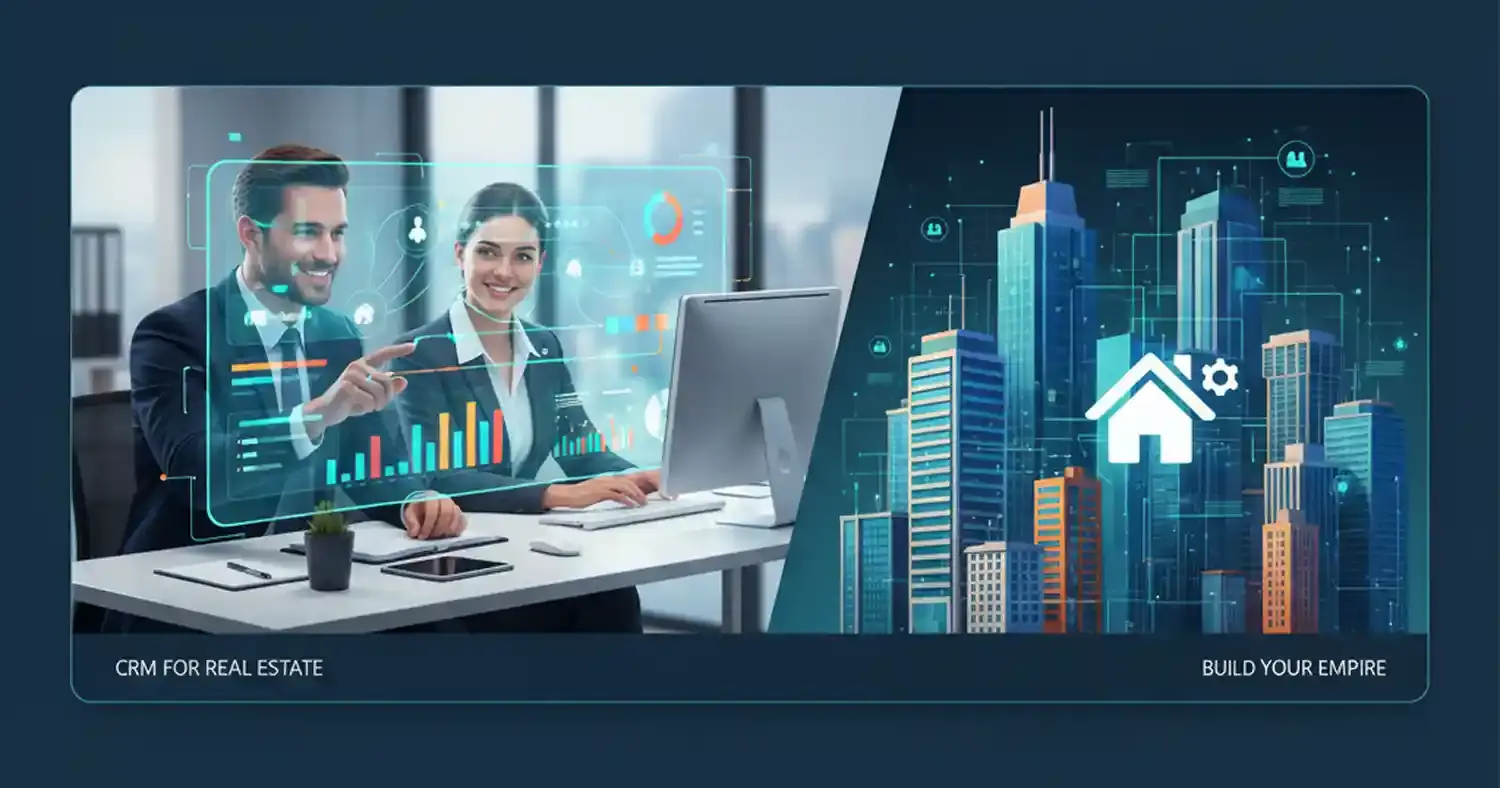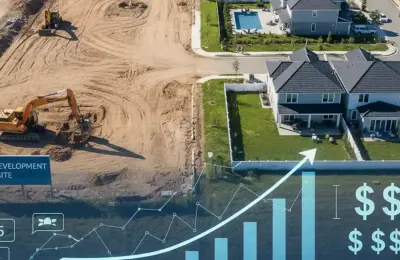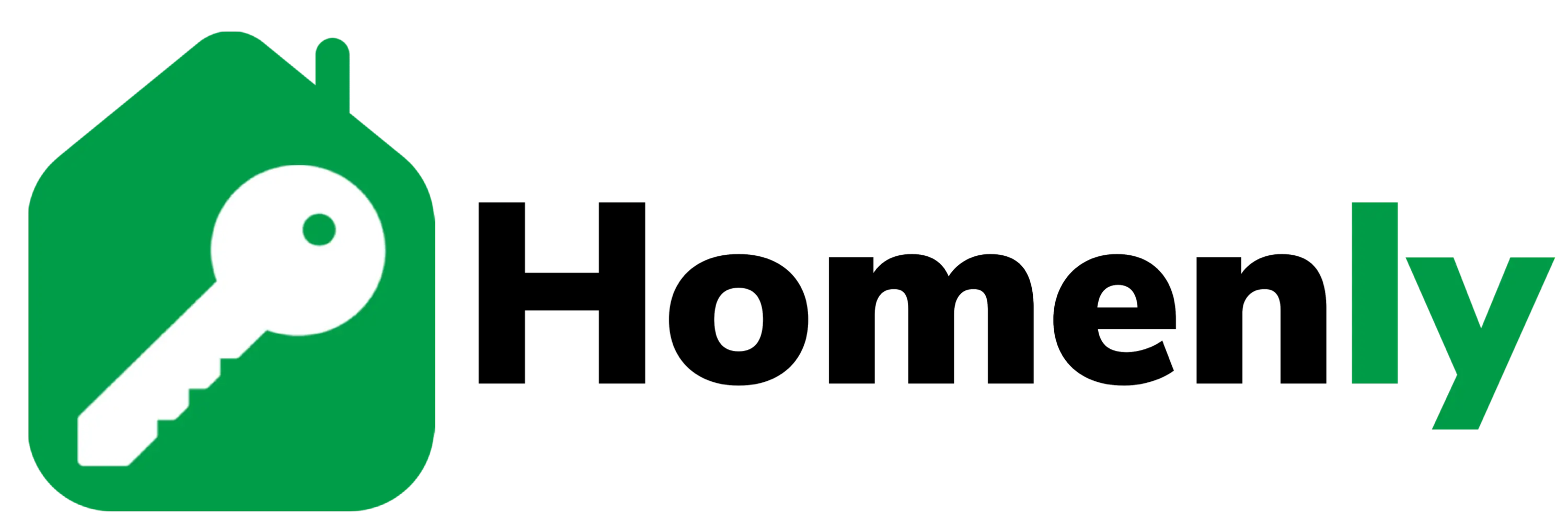
The Best Real Estate CRM Systems for Agents & Developers

Real Estate CRM is more than just a contact database. It is a strategic tool that converts leads into deals, automates routine tasks, and provides complete control over your sales pipeline. Choosing the right system can be the decisive factor for your success.
We analyzed leading platforms and specialized industry solutions to present you with a guide to the best CRM systems for realtors, real estate agencies, and property developers.
🎯 Top 3 Platforms for Agents and Teams (Global Focus)
These platforms are versatile, offer powerful automation, and are ideally suited for growing teams and brokerage firms that need robust scalability.
| System Category | Best For | Key Features |
|---|---|---|
| 1. Comprehensive Brokerage Platforms | Large brokerages and teams (focused on rapid growth) | Seamless integration with hundreds of apps, built-in communication tools (calling/SMS/email), powerful automated lead nurturing and follow-up sequences. |
| 2. Budget-Friendly Transaction Managers | Solo agents and small teams on a tight budget | A complete toolkit at an affordable price, strong transaction management features, pre-built marketing campaign templates, and reliable user support. |
| 3. Highly Customizable Growth CRMs | Fast-growing businesses needing full scalability and customization | Generous entry-level plans, extensive customization options, powerful integrated tools for both marketing and sales (ideal for multi-niche companies). |
⭐️ Other Powerful Global Solutions:
Visual Pipeline Tools: Highly focused on visual management and optimization of the deal pipeline.
Enterprise Solutions: Best for massive organizations requiring maximum flexibility, complex integrations, and advanced security layers.
All-in-One Real Estate Suites: Comprehensive platforms that integrate CRM functionality with IDX-websites and specialized lead generation mechanisms.
🏢 Specialized Platforms for Property Developers
Developers have unique needs related to property inventory management, sales during the construction phase, and legal documentation.
Construction Ecosystems: Modern cloud systems developed specifically for the building industry, offering complex management of units, stages, and sales.
Low-Code/No-Code Platforms: Highly flexible BPM platforms that can be customized easily to handle the complex, unique business processes of large-scale developers and sales departments.
Localized Inventory Managers: Systems created to provide accurate, real-time information on unit availability, pricing, and project status 24/7.
End-to-End Property Systems: Solutions that cover the entire lifecycle, from generating interest to finalizing transactions and managing property websites.
🇺🇦 Localized CRMs for Real Estate in the Region
Locally adapted solutions offer better integration with regional advertising platforms, compliance with local market requirements, and more convenient technical support.
| System Category | Best For | Key Features |
|---|---|---|
| 1. Regional Listing Integrators | Agencies prioritizing broad market exposure | A full set of tools, CMS capabilities for agency website, integration with dozens of local advertising portals, and a centralized property database. |
| 2. Flexible Vertical Solutions | Agencies seeking powerful local features and customization | Robust core functionality with a strong focus on property accounting, client tracking, and the flexibility to build custom modules and unique functional blocks. Ви можете знайти більше інформації про цю систему та її комплексні можливості тут. Особлива перевага: ця платформа включає модуль, спеціально розроблений для ефективного управління об'єктами нерухомості. |
| 3. Transparency and Control Platforms | Agencies aiming for high transparency and accountability | A single, unified workspace for all agents, strong tools for managing conflicts of interest, and comprehensive analytics for management oversight. |
| 4. Mobile & Messenger-Centric CRMs | Agencies focused on speed, mobility, and digital communication | Cloud-based system with a dedicated mobile application, integration with key local listing sites, and quick communication via popular local messengers (Viber, Telegram). |
🛠 Key Features to Look For
When choosing a CRM system, focus on these critically important functions:
Lead Management:
Automatic lead collection from all digital sources (website, portals, social media).
Prioritization and Routing for immediate distribution of new leads among agents.
Marketing Automation:
"Drip" email/SMS campaigns for consistent client nurturing.
Automated task reminders ensuring agents never miss a follow-up.
Transaction Management:
Customizable checklists for every stage of a deal.
Centralized document storage and management.
Communication:
Built-in telephony, SMS, and seamless integration with key messengers.
A single, comprehensive history of every client interaction.
Analytics and Reporting:
Visual representation of the sales pipeline (Pipeline View).
Detailed reporting on agent performance and the efficiency of lead sources.
❓ How to Make the Right Choice?
The choice of the ideal CRM depends on your specific operational needs:
Solo Agents: Look for systems known for their simplicity, ease of use, and competitive pricing.
Agency Managers: Focus on platforms offering strong team management, accountability features, and powerful lead allocation tools.
Developers: You require specialized solutions that can handle complex unit inventory, construction stages, and dynamic pricing models.
Tip: Most leading CRM systems offer a free trial period. Use this opportunity to test the system's compatibility with your real-world business processes before committing to a final decision.
News insight
 Nov 18, 2025
Nov 18, 2025
Property Developer Earnings in the US Market: A Comprehensive Overview
Explore how US property developers earn money. Learn about profit margins (Residential vs. Commercia...
 Nov 18, 2025
Nov 18, 2025
What Is a Build-to-Rent (BTR) Development?
Discover what a Build-to-Rent (BTR) development is. Learn about this growing real estate model, its...
 Nov 17, 2025
Nov 17, 2025
Build-to-Rent: Transforming America's Housing Landscape
Explore how the Build-to-Rent (BTR) model is transforming the US housing market. Learn why instituti...
